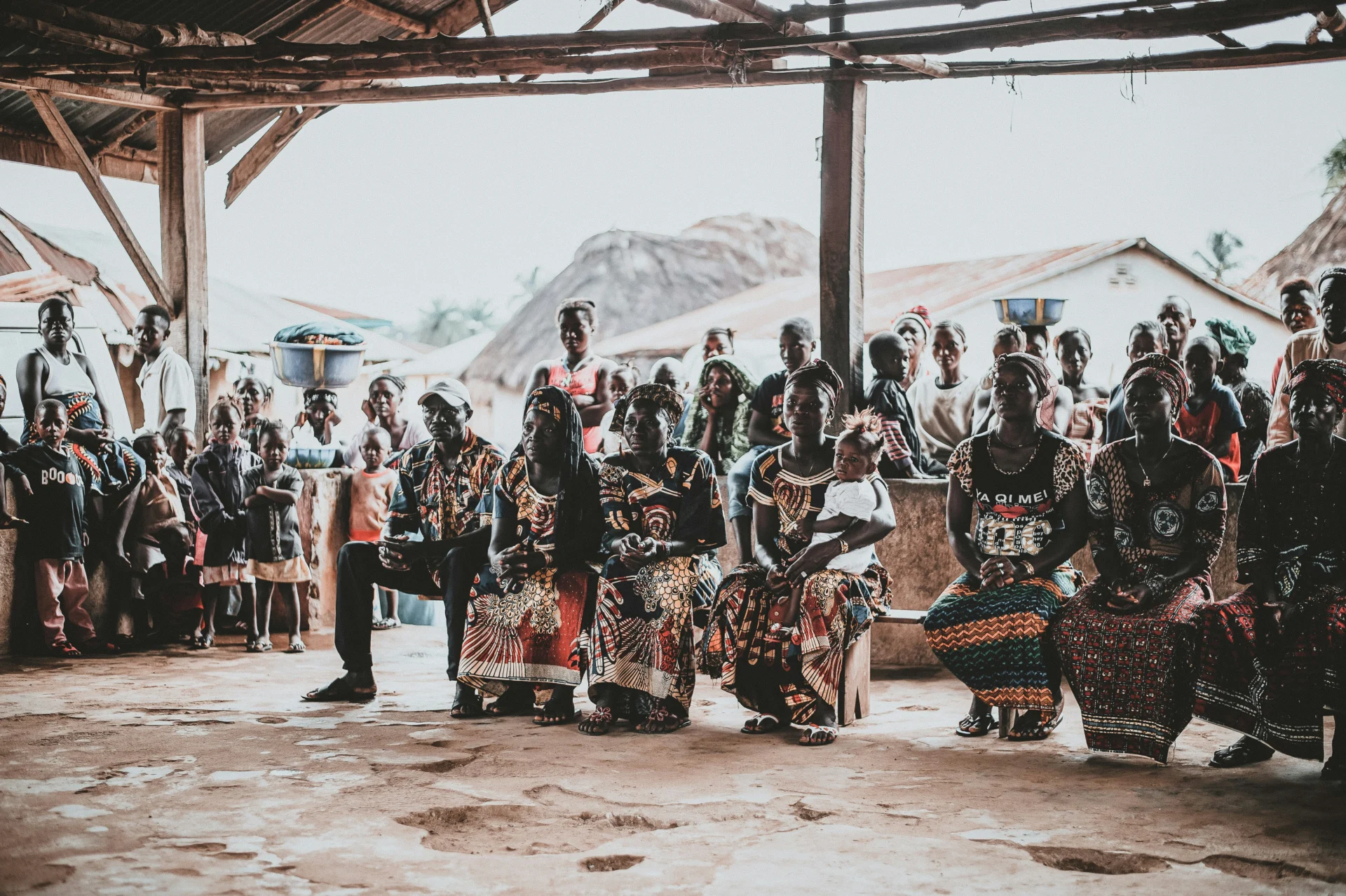Rebuilding Trust after elections is one of the most vital yet overlooked steps in ensuring national healing and social stability. Around the world, and recently in countries like Tanzania, where election outcomes have sparked mixed reactions, communities are reminded of how fragile public confidence can be.
This is where social research steps in as a powerful bridge. By listening, documenting, analyzing, and engaging communities, research becomes the pathway to post-election recovery, helping societies heal and move forward together.
Why Rebuilding Trust Matters After Elections
When elections end, societies often grapple with divided opinions, misinformation, and distrust. In such moments, rebuilding trust becomes critical for peace and governance.
Through social research, leaders and citizens can understand how people feel about electoral fairness, institutional performance, and their hopes for the future. Rather than speculation, decisions are guided by real evidence a cornerstone for reconciliation and effective recovery.
1. Documenting Citizen Voices

Social research provides structured ways to collect citizen perspectives through surveys, interviews, and focus groups. These insights reveal not just what happened, but how people experienced the process an essential step in rebuilding trust.
2. Diagnosing Trust Gaps

Post-election periods expose weaknesses in trust between governments, communities, and institutions. Research identifies where those gaps lie whether it’s between citizens and the electoral commission, the media, or political leaders.
3. Encouraging Dialogue and Inclusion

Rebuilding trust requires open dialogue. Research-driven engagement helps design spaces where citizens can share experiences, debate issues, and suggest reforms safely. These participatory spaces rebuild confidence in the system.
4. Informing Policy and Institutional Reform
Governments and civil society can use social research data to strengthen transparency and accountability. When institutions respond to citizens’ findings, they show commitment to rebuilding trust through action.
5. Measuring Recovery Over Time
Trust isn’t rebuilt overnight. Long-term monitoring through surveys or community assessments tracks progress and highlights what’s improving and what’s not in the post-election environment.
6. Shaping Positive Narratives
Every society has stories about elections some hopeful, others divisive. Social research helps shape evidence-based narratives that encourage unity, not conflict. Storytelling grounded in data fosters shared understanding.
7. Strengthening Community-Level Dialogue
Local studies help identify unique challenges faced by youth, women, or minority groups. Designing local interventions based on this insight ensures that rebuilding trust is inclusive.
8. Supporting the Media and Civil Society
Research empowers journalists and NGOs with verified facts to promote peace and accountability. Informed reporting shifts public discussions away from rumors to verified information an act of rebuilding trust in itself.
9. Promoting Transparency and Accountability
When findings are made public, citizens see evidence of fairness and objectivity. Transparent research practices reinforce confidence and help bridge the divide between governments and their people.
10. Inspiring Collaboration and Hope
Finally, rebuilding trust is about collaboration across parties, faiths, and communities. Research strengthens these connections by showing what people share in common, not just what divides them.
From Insight to Healing
Post-election periods can test the resilience of any nation. Yet, when leaders, communities, and institutions embrace social research, they lay a foundation for healing and inclusivity.
At its core, rebuilding trust is more than a political act it’s a social process powered by evidence, empathy, and dialogue. And that’s what makes social research indispensable in shaping a future where elections unite rather than divide.
At Insight and Social, we believe that rebuilding trust begins with listening, evidence, and collaboration. Our research-driven approach helps organization’s and communities turn insights into meaningful social change.
Partner with us to design data-led solutions that foster inclusion, dialogue, and post-election recovery.





